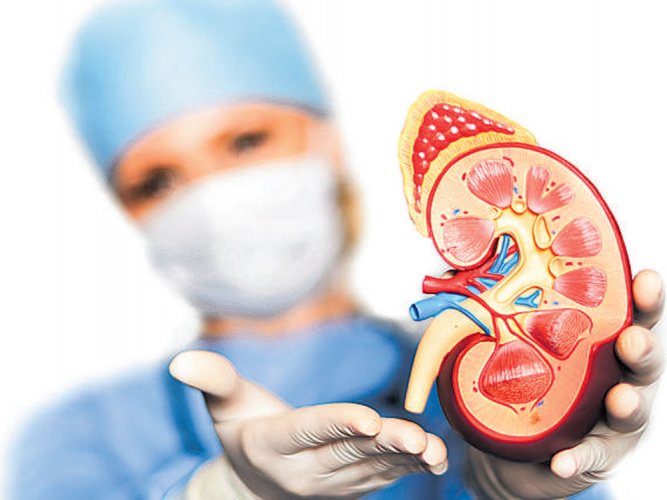SHIMLA: Researchers at IIT Mandi have developed a novel system that can detect early signs of kidney damage by measuring even low levels of a protein marker in urine and blood samples.
The test, which detects the presence of a protein albumin in urine and blood, can serve as an early indicator of various health disorders such as renal dysfunction as well as diseases that result from diabetes.
At present, dipstick tests are available in the market to detect albumin in urine.
However, analyzing microalbuminuria — a condition in which kidney leaks small amounts of albumin into the urine — and other nephritic disorders in their early stages is difficult using these tests.
“The urine dipsticks available in the market can correctly estimate albumin concentration in urine up to 30 micrograms per decilitre (mg/dL), whereas with our technique one can measure levels as low as 3.3 mg/dL,” Shubhajit Roy Chowdhury, an assistant professor at Indian Institute of Technology (IIT) Mandi, told PTI.
The system compromises of a chamber that accepts urine or blood serum and a florescent dye.
“The dye, which we developed at IIT Mandi, binds with the albumin molecules in the urine. This composite then absorbs near infra-red (NIR) radiation of 740 nanometer wavelength, and emits radiation at 806 nanometer wavelength,” Roy Chowdhury said.
A spectroscopic analysis can then reveal albumin concentration in the sample, he said.
“We have conducted a clinical trial with 15 patients, with promising results,” Roy Chowdhury said.
Now, the team is set to conduct a more extensive trial over the next five to six months on a range of patients to understand how it performs for different types of disorders.
It will be the first device which has the potential to detect and quantify urinary albumin through the enrichment of fluorescent signal, the researchers said.
The project, jointly funded by Ministry of Human Resource Development and Indian Council of Medical Research, would help detect many health disorders in premature phase.
“The cost of doing the test will come down to below 30 rupees. At present, while the dipsticks are not very costly, the device to analyze the results may cost up to a few lakhs.
“We are instead using a portable, hand-held gadget that will be worth 3,000 rupees or so,” Roy Chowdhury said. PTI







